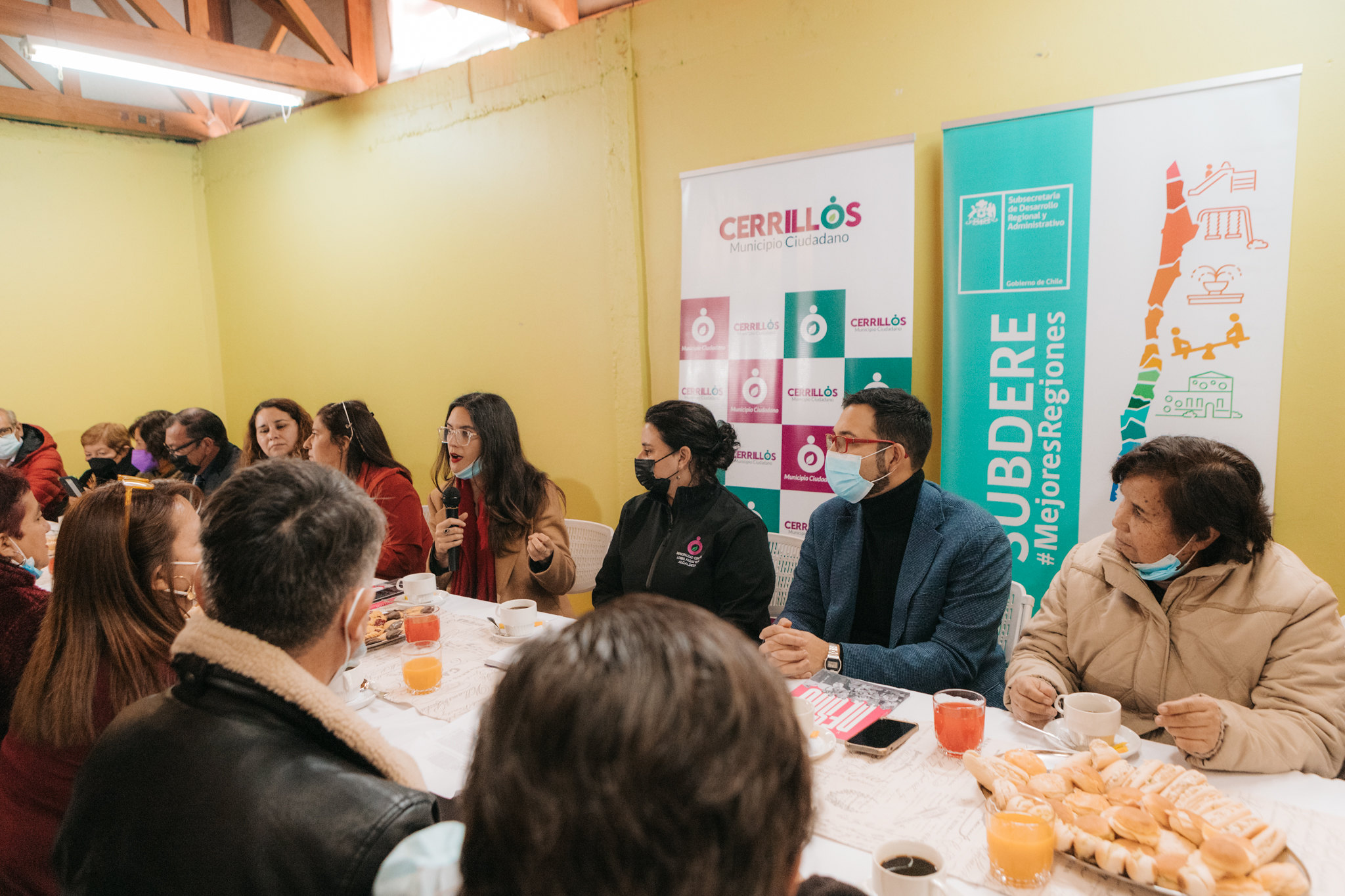Chile has emerged from decades of often brutal dictatorship under General Augusto Pinochet with a dynamic and growing economy—and deepened social and economic inequalities.
Pinochet’s neoliberal economic policies have concentrated wealth among the few and left significant portions of the population behind. In 2017, 56 percent of the lowest-income population earned, on average, only $258 per month. In contrast, the richest 5 percent of the population had a per capita income of over $2,900 per month—11 times higher, according to Observatorio Social, a division of the Chilean Social Development and Family Agency, in 2018.
Community organizing is helping to mitigate these inequalities, in part. In Santiago, local communities have come together for collective benefit, but mostly in times of crisis. During the COVID-19 pandemic in 2020, for example, over 881 ollas comunes (community kitchens) were organized to support those without access to food.
On a day-to-day basis, however, institutions are leading the way in Chile’s solidarity economy. These include federal and regional governments, churches, universities, corporations, nongovernmental organizations, and social enterprises.
The solidarity economy, a term popularized by Chilean theorist and solidarity economy practitioner Luiz Razeto Migliaro, is a post-capitalist, international, practice and value-driven framework that seeks to build a world where people and planet are valued—not profit and endless growth.
Minister General Secretariat of Government Camila Vallejo announces the Chile Supports Your Commune Plan. Photo credit: Vocería de Gobierno via Flickr.
Government leads
One example is the national government, which, through the Ministry of Social Development and Family (Ministerio de Desarrollo Social y Familia), recently expanded a nationwide food bank program aimed at supporting local food distribution and community resilience.
At the communal level, municipalities of all sorts are promoting entrepreneurship through innovation, with sustainability and social justice as key pillars. This support includes programs such as Impulsa Redes Sustentables 2023—a project of the city of Santiago’s municipal sustainability program to foster entrepreneurship, social innovation, and sustainable business models. The program encourages micro and small enterprises to collaborate in networks, enabling them to pool resources, increase visibility, and build more resilient business ecosystems.
Other examples of municipal initiatives include several community-market programs based in Santiago, including Mercado Vintage Lastarria, a vintage market that blends circular economy practices with cultural identity; Acción Errante, a socially engaged collective working to activate local economies through creative collaboration; and Mercado Kimén, which focuses on fair trade and local food systems.
These ventures stand out not just for their environmental or economic goals, but for their collective structure, rooted in cooperation, shared decision-making, and community benefit.
Such market programs are geared toward supporting underserved communities,


